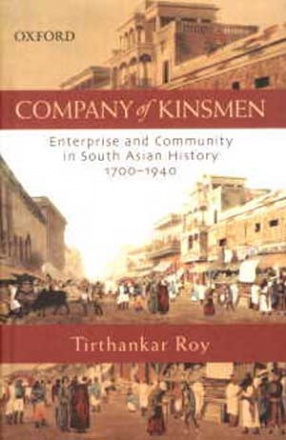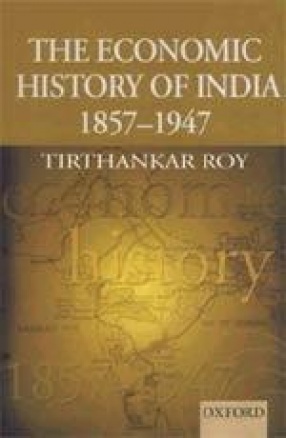How did markets, states, and social institutions of business relate to each other in pre-colonial and colonial India? Do narratives of institutional change in India clarify the process of economic growth and origins of international inequality in the modern world? Employing techniques of comparative history, Company of Kinsmen investigates the transformation of economic institutions in one of the world's largest and most complex commercial societies.
Highlighting the role of social collectives of merchants, artisans, peasants, and workers in the organization of the economy, Tirthankar Roy shows how they were rooted in local cultures and functioned according to their own rules and codes of conduct. Under the impact of colonialism and globalization some such collectives disintegrated while others adapted by strengthening the bonds of kin, clan, club and community.
The book shows how the colonial economy was characterized by a co-existence of universalizing principles of formal law, wider commercial networks, and the persistence of informal collectives. By framing economic change within a narrative of institutional change in South Asia, Roy brings a new dimension to longstanding debates over the impact of colonialism and globalization on the economic development of the subcontinent.
This volume will be indispensable for scholars, teachers, and students of Indian history, economics, commerce, and particularly those interested in the history of business and economic organizations.







There are no reviews yet.